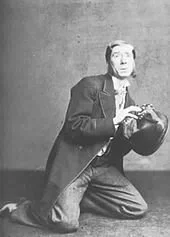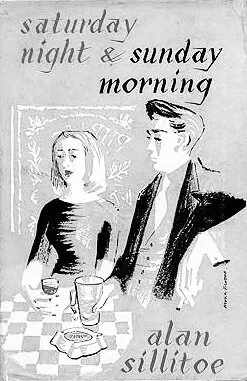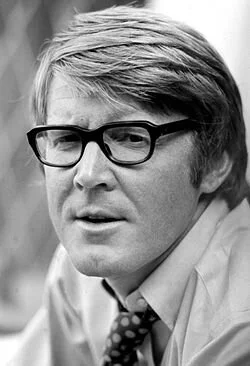On Diary of a Nobody
Read Dickens and you cannot help but think how life has changed for the poor in Britain. Though much more could be done for children born into poverty in 2021, we definitely do not make them go and work in blacking factories and expect them to be grateful for a the wage. The same can be said reading, say, Evelyn Waugh, for surveying the difference between being rich in England a hundred years ago and now.
Likewise, reading Grossmith’s Diary of a Nobody can only leave you marvelling at how drastically the condition of the British middle classes has altered. To think, in 1890 - when the novel was first serialised in Punch - the preoccupations centred around doing up their houses, obsessing over the careers of flakey children, and being judgemental about the manner in which other people choose to bring up their children. All this punctuated with occasional interludes of drinking a bit too much wine, agonising over the details of a promotion at work, and bitching about the sub-par services of local tradesmen.
Truly a remarkable ethnography of a world now lost.
There is a kernel of something in Diary of a Nobody that can be found at the core of - I would baselessly estimate - a good seventy percent of all British comedy. It is hard to imagine a world that spawned Peep Show‘s Mark Corrigan that did not first produce Pooter. Indeed, Mark’s adored boss Alan Johnson can trace his lineage back to Pooter’s venerable employer, Mr Perkupp. Pooter’s son, Lupin, can only be some great-great-great uncle of Cardinal from Dear Joan and Jericha. This isn’t to say that Diary of a Nobody is the best example of this pedigree of British comedy: it isn’t. For a comic novel I wouldn’t have minded a few more laughs, but that seems forgivable when a piece of work is so complete, such a perfect fossil from the world it portrays.
All my writing this week has been to some extent about Englishness. Alan Bennett, Richard Coles and George Grossmith seem to share a sensibility across time - the Englishness of Orwell, a perpetual, curmudgeonly, glass-half-empty yet fundamentally goodhearted Englishness. An Englishness that feels particularly interesting today; the Duke of Edinburgh just died. The former type of Englishness isn’t emblematic of our country in the wider world, as the latter is. Yet that sensibility, whatever it is and whatever its shortcomings, is what makes me feel at home.
Because home is what Diary of a Nobody is really about. Nowhere is Pooter’s humanity felt more fully than in his devotion to his entirely unremarkable wife, Carrie. He loves her because she is his home, more than any bath, shoe scraper or chimney-glass could be (though he’s pretty keen on those too). Ultimately, our hero gets his reward for his labour when Mr Perkupp makes a gift of the Pooters’ house, taking them from renters to homeowners - the ultimate aspiration for the 1890s middle-class Londoner.
But, as I said earlier, this denouement is merely a relic from a world that is now gone forever.


